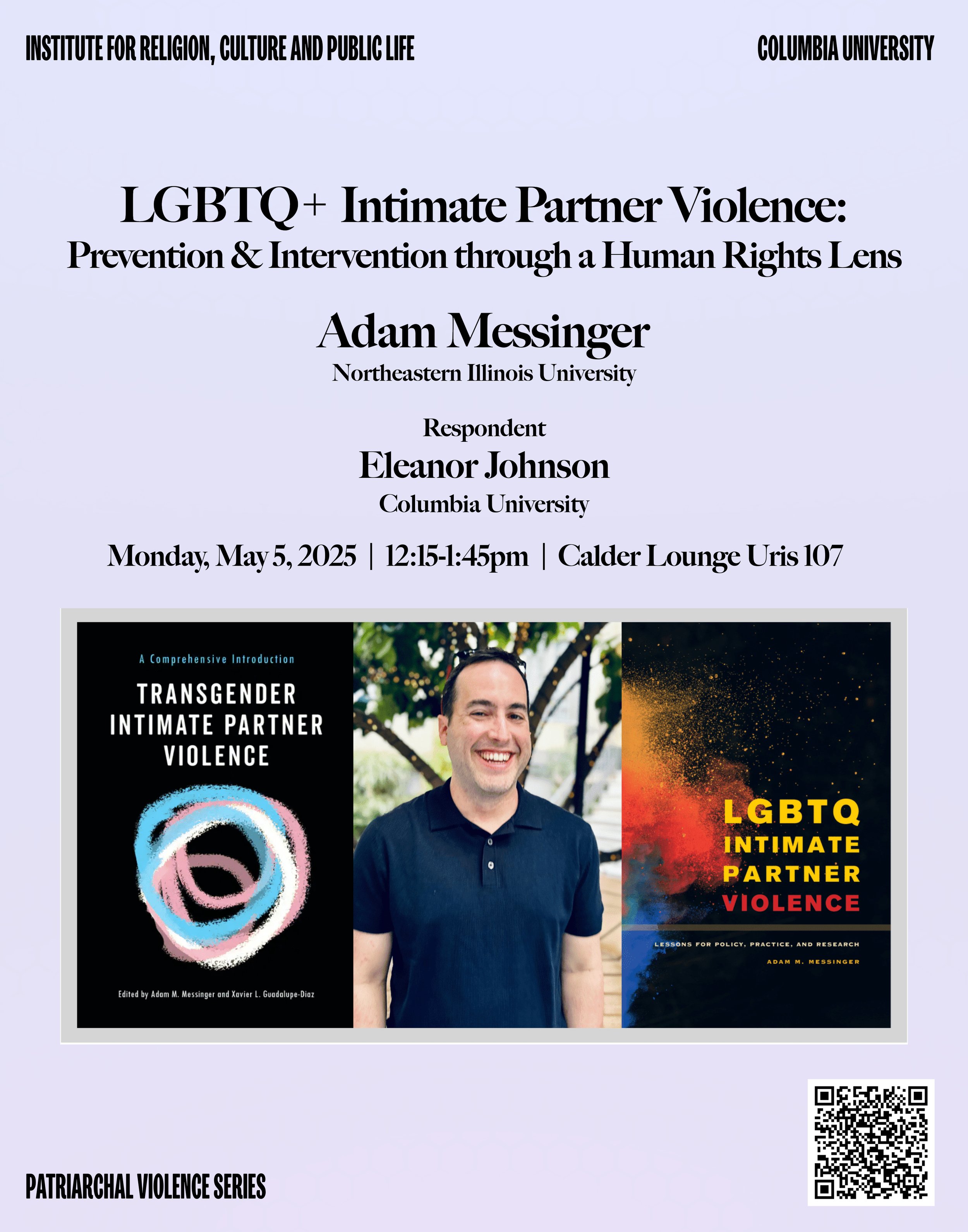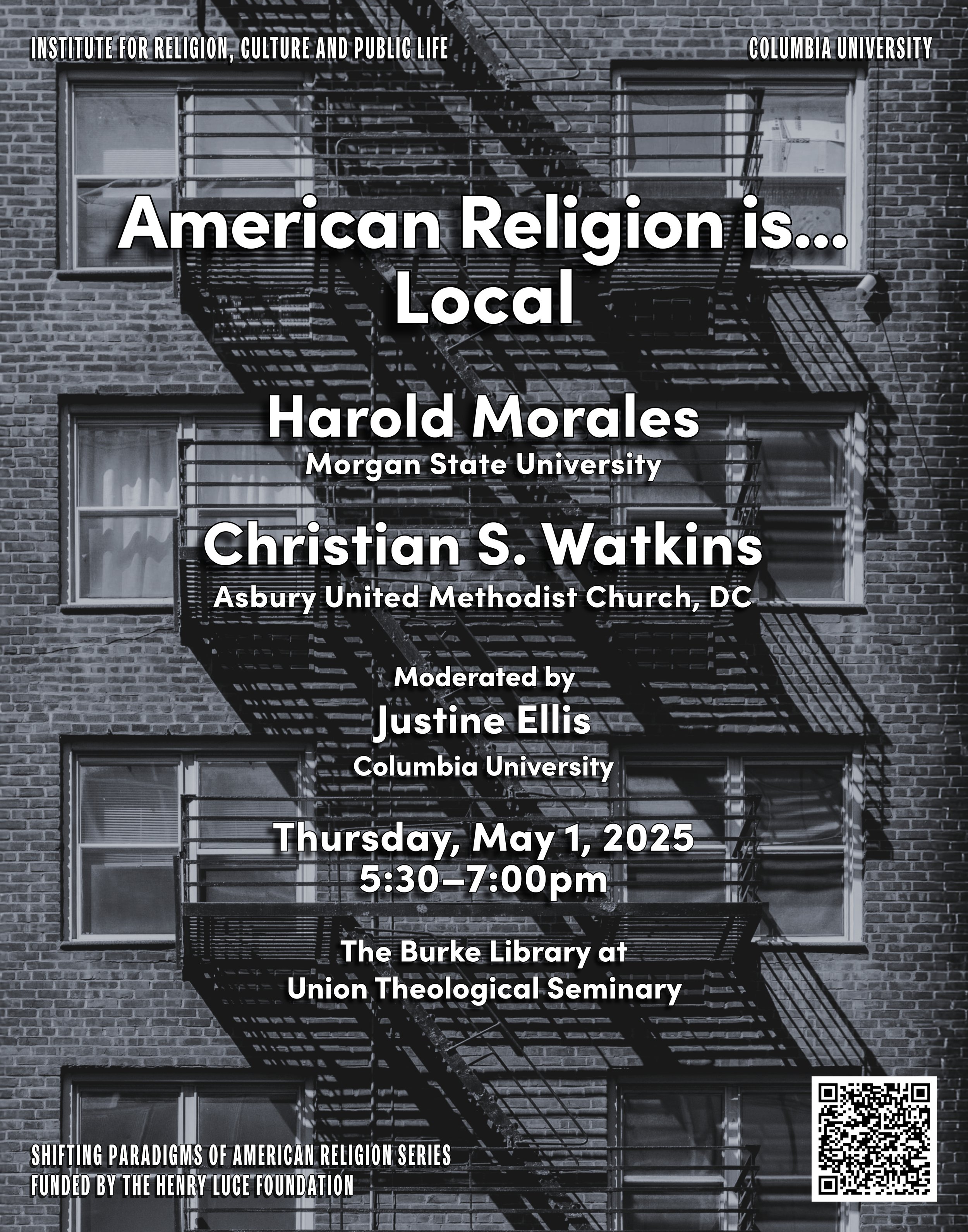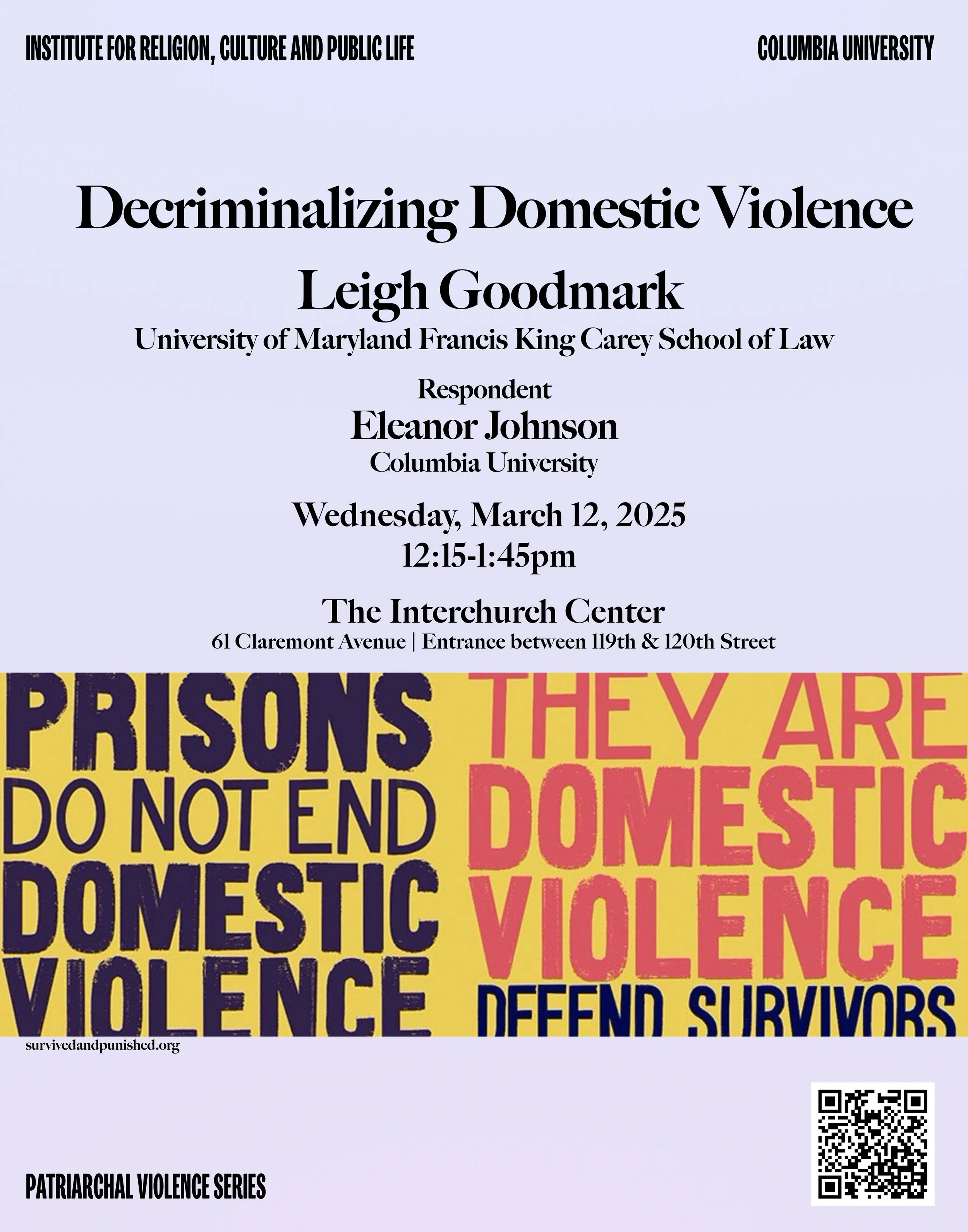
LGBTQ+ Intimate Partner Violence: Prevention & Intervention through a Human Rights Lens
In our current moment in the United States, the human rights of lesbian, gay, bisexual, transgender, and queer (LGBTQ+) people are under threat. For LGBTQ+ survivors of relationship abuse or “intimate partner violence” (IPV), the erosion of human rights is unfortunately linked to IPV prevalence and dynamics, as well as to barriers to safety. You are invited to a talk on these important issues by researcher Dr. Adam Messinger, author of LGBTQ Intimate Partner Violence: Lessons for Policy, Practice, & Research (2017, UC Press) and co-editor of Transgender Intimate Partner Violence: A Comprehensive Introduction (2020, NYU Press). Come learn how, together, we can build a more inclusive, compassionate future for trans and queer survivors of abuse















